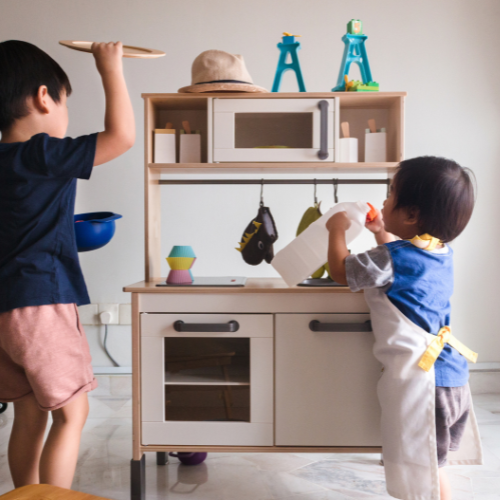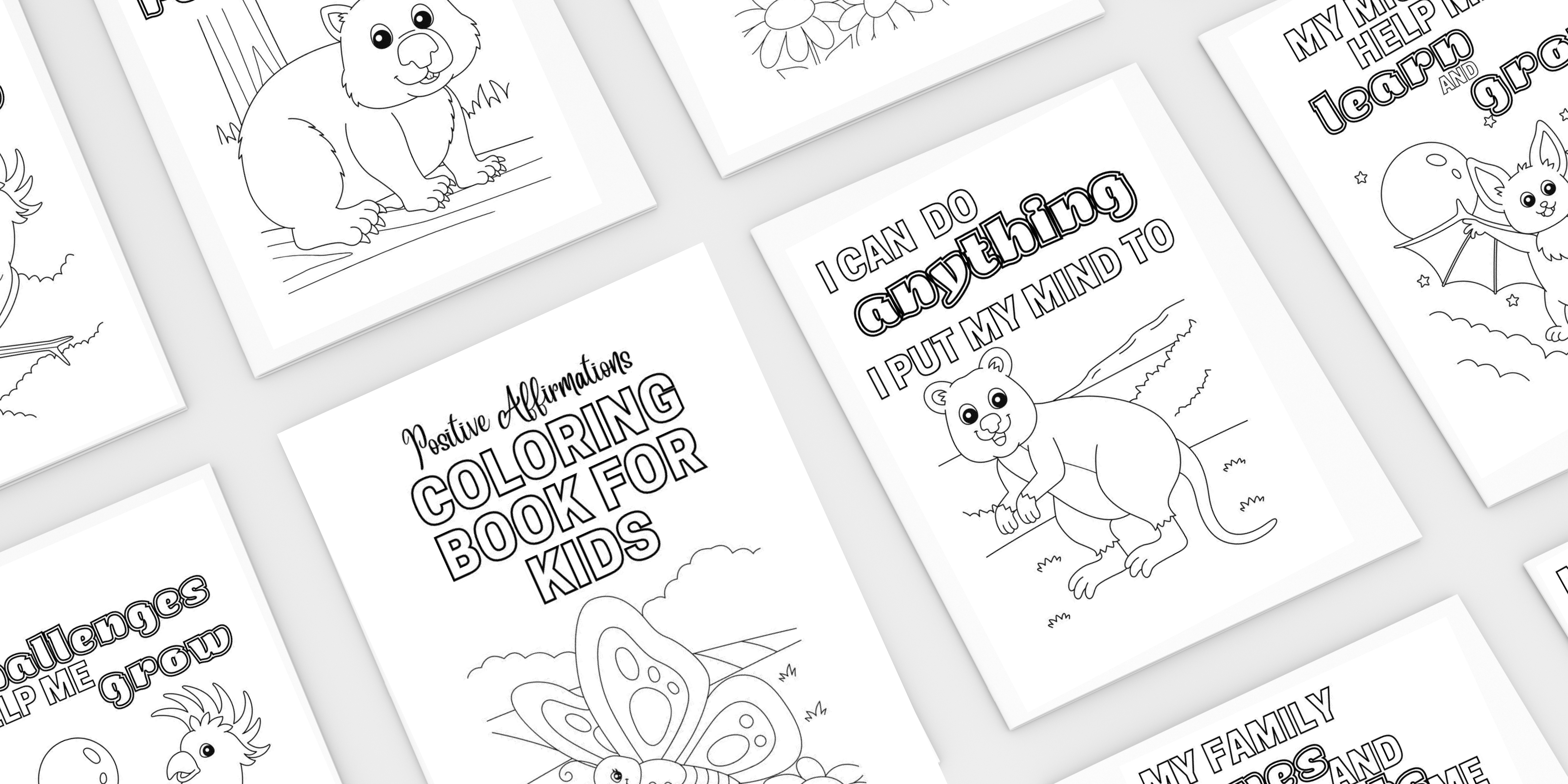As a momma of little kids myself, I know just how important it is to understand MY little ones’ emotional development, and I’ve done a ton of research and now I’ll share it with you!
It can be a confusing and challenging time, but I’m always looking for ways to support my children as they navigate their emotions.
In this post, I want to share some of the things that I’ve learned about the different stages of emotional development in toddlers, and some tips on how to support their emotional growth as they get bigger and louder.
Many of the tips I share come from this book. It’s so eye opening reading a book that explains how children work, it’s almost like a manual for difficult parenting situations.. check it out!

Emotional Development in Toddlers
So, let’s talk about the emotional development of toddlers. It’s fascinating how their emotional growth progresses through all of the different stages they go through.
So the first thing they do is actually recognize those emotions… that’s why all of those happy faces and sad faces on many toddler learning materials exist!
At first, they begin recognizing emotions, then expressing them, and finally understanding them in others. It’s a natural process, BUT each stage can come with its own set of challenges…but doesn’t everything?
For example, my little ones sometimes struggle with sharing and taking turns, which can lead to frustration and meltdowns.
But by understanding these challenges, I can work with them to manage their emotions and develop their emotional intelligence.
Emotional Needs of Toddlers
As a fellow mom of toddlers, I want to talk about the emotional needs of our little ones. It’s no secret that our toddlers thrive on love and affection, but did you know that consistency and routine are also critical emotional needs?
I’ve found that establishing a predictable routine gives my kids a sense of security and helps them feel more in control. And speaking of control, giving our toddlers opportunities for autonomy and independence is also essential.
For example, letting them choose their own clothes or decide which book to read can help build their confidence and foster a sense of self-worth.
Meeting these emotional needs supports our toddlers’ emotional development, giving them a solid foundation for a healthy and happy life.

How to Help Toddlers Handle Their Emotions
Now, let’s talk about some strategies for helping our toddlers manage their big emotions. One thing that has worked well for me is modeling calm behavior. When my little ones are upset, I try to stay calm and speak in a soothing voice.
It can be challenging, especially when they’re really upset, but I find that it helps de-escalate the situation. I also make a point to acknowledge and validate their feelings.
For example, if they’re sad because they can’t find their favorite toy, I’ll say, “I understand that you’re feeling upset because you can’t find your toy. That must be frustrating.”
Finally, offering comfort and support can go a long way in helping our toddlers feel safe and secure.
It’s important to remember that teaching emotional regulation is a process and takes time, but it can build resilience and help our little ones better handle their emotions in the long run.
If you want more information on teaching emotional regulation to toddlers, check out this helpful article that has some great tips and activities to try out! I also have a great article on activities that can help your toddler with cognitive development!
Building an Emotional Connection with Your Toddler
Building a strong emotional connection with our toddlers is so important. It’s not always easy, but it’s definitely worth the effort. Some things that have worked well for me include active listening, spending one-on-one time, and showing empathy and understanding. When my little ones are talking to me, I try to give them my full attention and really listen to what they’re saying. I also make an effort to spend quality one-on-one time with each of them, doing things that they enjoy. And when they’re upset or having a hard time, I try to show empathy and understanding, so they know that I’m there for them. Building this connection not only helps strengthen our bond with our little ones, but it also supports their overall development.
Looking for more ideas on how to build an emotional connection with your toddler? Check out this article that has some great tips and activities to try out!

The Importance of Teaching Toddlers About Emotions
Teaching our toddlers about emotions is so important for their development! Not only does it help with communication and socialization, but it also promotes empathy and understanding – which are important for life in general.
One way that I like to teach my little ones about emotions is by using books and stories. There are so many great children’s books out there that explore different emotions and can help our toddlers understand what they’re feeling.
Another cool little strategy that I’ve found helpful is labeling emotions. For example, if my child is crying because they’re frustrated, I’ll say, “It looks like you’re feeling really frustrated right now.” This helps them connect the emotion to the feeling they’re experiencing. Sometimes I even label my own emotions if I’m feeling happy, sad, mad ect!
And finally, role-playing can be a fun way to help our toddlers learn about emotions. We might pretend to be happy, sad, angry, or scared and talk about what each of those emotions might feel like. Games and playing is really the best way to teach toddlers anything!
Toddlers And Their Emotions
Understanding and supporting our toddlers’ emotional development is so important.
We talked about the different stages of emotional development, the emotional needs of toddlers, tips for building an emotional connection, and the importance of teaching toddlers about emotions.
Remember that, there’s no one “right” way to support our little ones’ emotional development – it’s all about finding what works best for our families! So keep trying different strategies, and don’t be afraid to reach out for support when you need it.







Leave a Reply